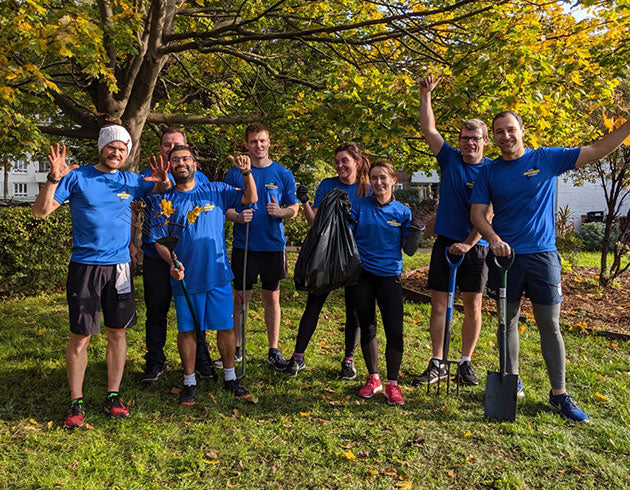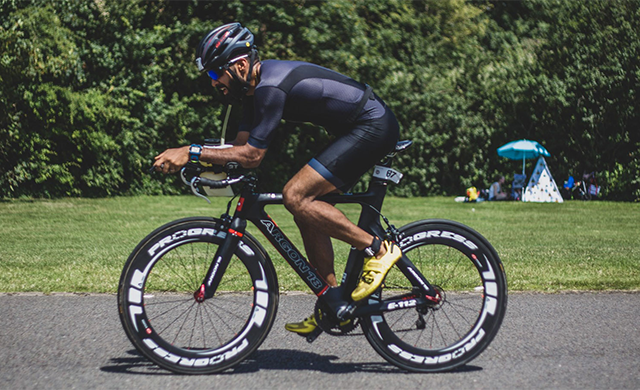Top Tips For Going Vegan This Veganuary
Veganuary is back and bigger than ever. Veganism is the choice of many A-List celebs, such as Beyoncé and J.Lo, and with recent documentaries pinning the spotlight on veganism, the plant-based lifestyle is growing every year. According to The Vegan, ten years ago, there were 150,000 vegans in the UK. A decade later that number has increased by 360%.
Here are our top tips for staying on track this Veganuary…
- Ease Yourself In!
Whether you’re trying it for January or long-time, the idea of going vegan can be daunting. Perhaps a slow sustainable transition might be better for you if you’re finding it too much of a challenge, why not start with ‘Meatless Mondays’ or going vegan on weekdays and be more flexible on the weekends.
- Use Social Media For Inspiration
The change may be less daunting if you surround yourself with like-minded people. Follow accounts and hashtags, such as #vegan, #veganuary and #plantbased, that promote and inspire veganism. Brett Cobley, IG handle @brettcobley, regularly posts delicious recipes and last year brought us his own cookbook, What Vegans Eat.
- Stock Up on Grains & Pulses
Having your cupboards filled with ingredients that are both vegan and filling will make the transition so much easier. Grains, lentils, rice and beans are great staple ingredients to have at hand to create some delicious, satisfying vegan recipes.
- Make sure your getting your Micro-Nutrients
Vegans are at risk of losing certain nutrients. Not eating meat, fish or dairy, there is risk of becoming deficient in some vitamins and minerals such as iron, B12, zinc, omeg-3 fats and selenium. It is possible to get most of these vitamins and minerals from plant sources. However if you are unsure, taking supplements may be the best way to ensure you are not deficient.
Anyone going vegan needs to be aware of B12 deficiency – a nutrient only found in meat, fish, eggs and dairy products. Those eating a vegan diet are advised to eat foods fortified with B12, like cereals, or take supplements. The recommended daily intake of B12 is 1.5 micrograms.
- Find Alternative Protein Sources
Hitting your protein needs as a vegan can be a challenge, you may. Although, many experts say that a well-planned vegan diet can provide you with your protein needs, there are certain plant foods that contain more protein than others. Higher protein diets promote muscle growth, satiety and weight loss. High protein plant sources include products made from soybean, such as tofu and tempeh, lentils and chickpeas.
Our Plant Protein is packed with 20g of quality protein form soya. It has a full amino acid profile, digests easily and is enriched with a full amino acid profile. It is also enriched with vitamin B12 and D to make sure you’re reaching your B12 requirements.




